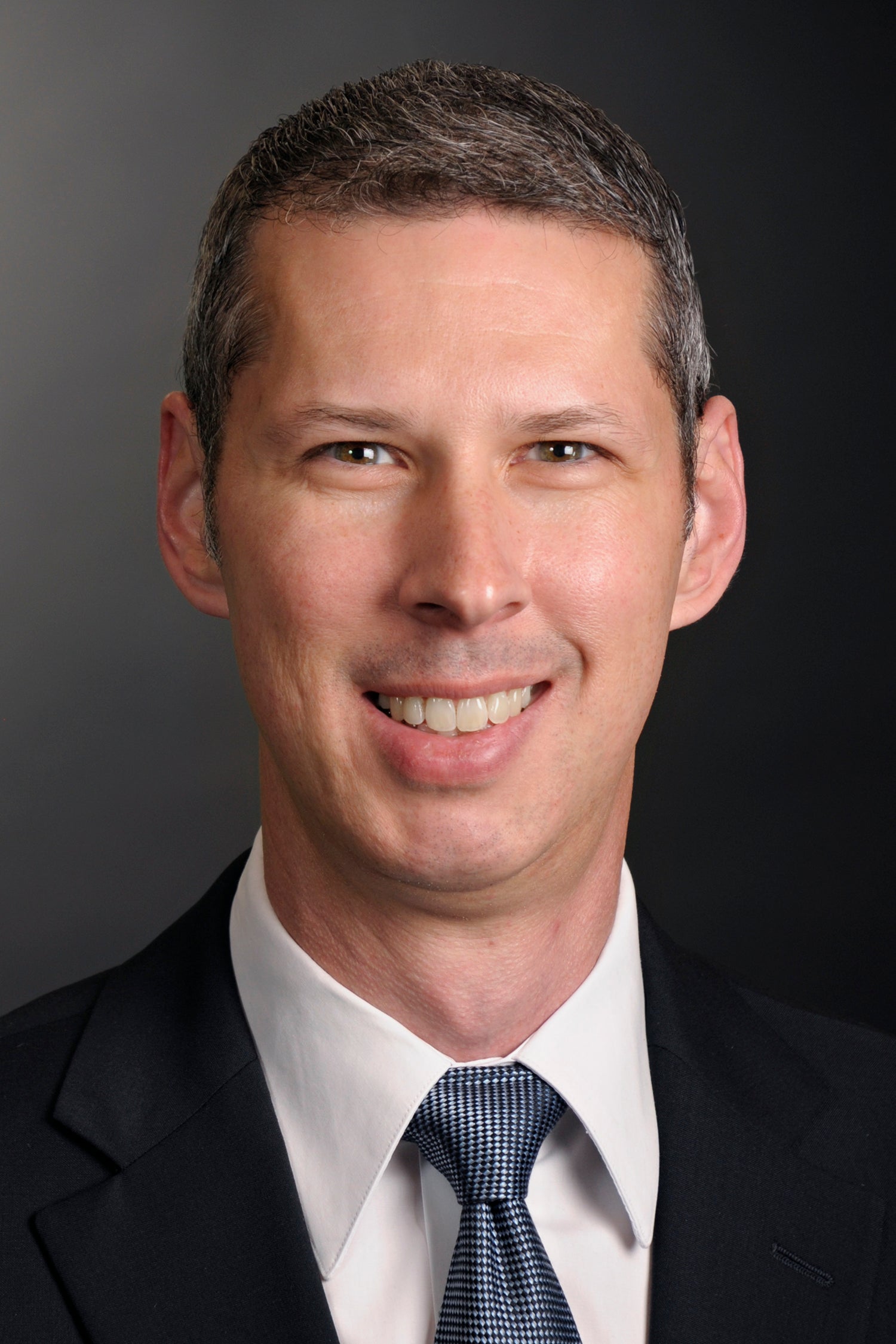Emergency changes to occupational licensing laws should persist after pandemic, expert says

Photo courtesy of Pixabay
The demand for doctors and nurses has been growing for years, but it’s never been more urgent since the sudden arrival of the COVID-19 virus in the U.S.
States are looking for ways to get more medical professionals to the front lines of the fight against the spread of the virus. Doctors and nurses in many states have come out of retirement.
Yet, it is hard to quickly increase the number of doctors or other medical professionals in a state because state laws make it difficult for medical professionals to simply move into and quickly begin to practice — temporarily or otherwise — in a new state.
To better understand how states can address the current and future pandemics, we talked to Stephen Slivinski, senior research fellow for Arizona State University's Center for the Study of Economic Liberty.
Stephen Slivinski
Question: What are some challenges that prevent states from increasing the number of medical professionals in a state to assist in this pandemic?
Answer: States require a license to operate in many occupations — like a doctor or lawyer, but also very often those that don’t require a college diploma, like a barber or a landscape worker, for instance. Even if you have a license in your state of origin, moving to a new state often means having to get a whole new occupational license. This requires lots of time, particularly in terms of required training hours that may be unnecessarily duplicative. That could mean substantial time out of the workforce and discourages voluntary movement of workers from one place to another. In the case of the fight against the novel coronavirus, it consumes time that many patients and doctors simply don’t have.
Q: Is there a solution to this problem?
A: There is a solution to this problem. It’s an idea that began to gain popularity before the widespread appearance of COVID-19. It’s an idea that I discuss and explain in my newest study from the Center for the Study of Economic Liberty at ASU: “You Can Take It With You: A Case for Occupational Licensing Reciprocity.”
Q: What is universal license reciprocity?
A: Perhaps better described as “universal license recognition,” this is when a state agrees to recognize a license in good standing from another state and grants a new state license to allow the new resident to work immediately. It’s the equivalent of how states treat driver’s licenses from other states, except in this case for occupational licenses.
Q: Are any states using universal license recognition to assist in the pandemic?
A: Massachusetts, Maryland and Colorado are just three of more than a dozen states that have quickly transitioned to some form of universal recognition of medical licenses over the past few weeks. In their current form, these are only temporary — it has the force of law as long as the executive orders that mandated this policy change remain in effect.
A more durable and long-lasting universal recognition of out-of-state license will require change of state law once legislatures return to regular order. At that time, states — like Utah, for example — can follow the lead of states like Arizona and Pennsylvania that have already passed such a reform.
Q: Why is universal license recognition important?
A: Universal recognition of licenses isn’t just an important response to a radically increased demand for medical professionals in a pandemic. It will also be important to many other types of workers once the pandemic passes. It’s too early to tell what the economy will look like when that happens. The economic consequences of differing responses state governments have taken to slow spread of the virus will impact each state differently. Consequently, the economic recovery will be just as varied.
Therefore, when the freedom of movement has been restored and things begin to get back to normal, discouraging people from moving to where the best economic opportunities for them are will hinder both their economic well-being and that of states as a whole. Keeping occupational licensing barriers in place would be like instituting a different form of “shelter in place” — this time, it would be one of an economic sort by restricting their job opportunities and their economic mobility.
We will learn many lessons as a result of this period in history. Hopefully one of them will be the benefits a reduction in the barriers that occupational licensing policies create — not just today in the fight against the coronavirus, but in the future as a means to increase human well-being.
More Law, journalism and politics

Native Vote works to ensure the right to vote for Arizona's Native Americans
The Navajo Nation is in a remote area of northeastern Arizona, far away from the hustle of urban life. The 27,400-acre…

New report documents Latinos’ critical roles in AI
According to a new report that traces the important role Latinos are playing in the growth of artificial intelligence technology…

ASU's Carnegie-Knight News21 project examines the state of American democracy
In the latest project of Carnegie-Knight News21, a national reporting initiative and fellowship headquartered at Arizona State…
